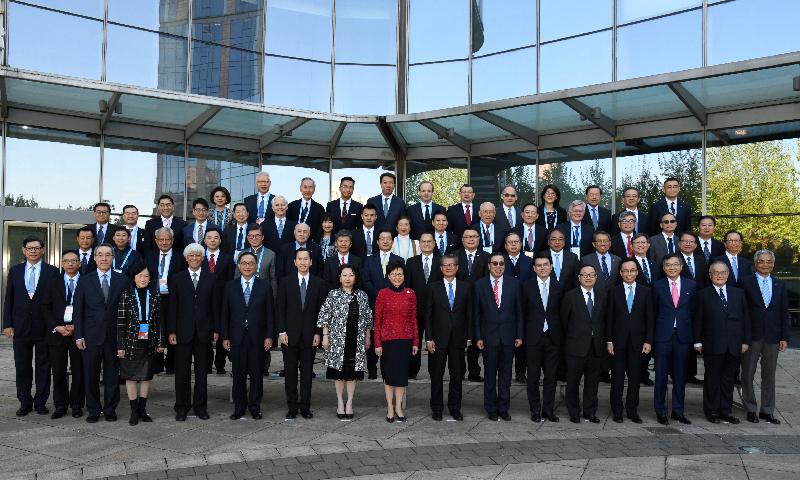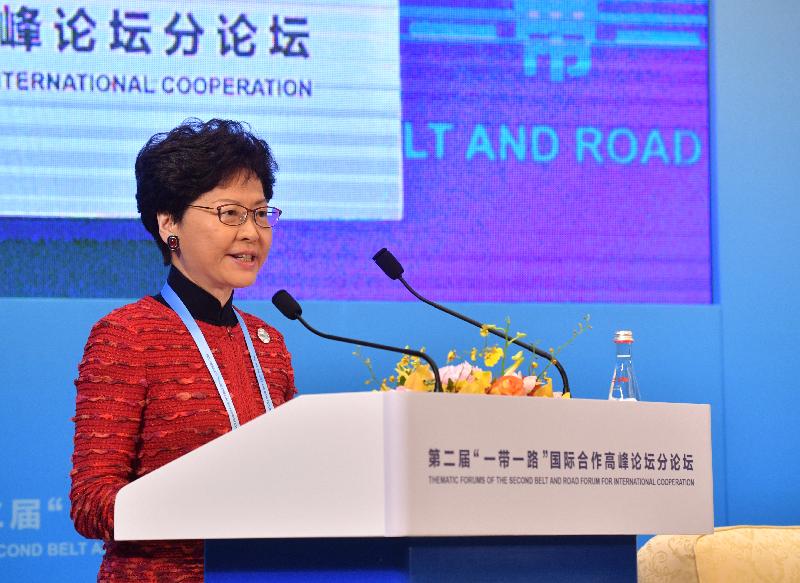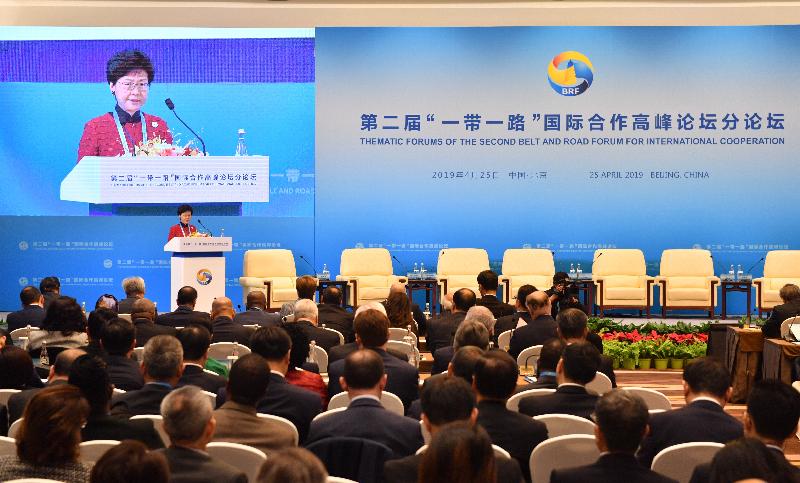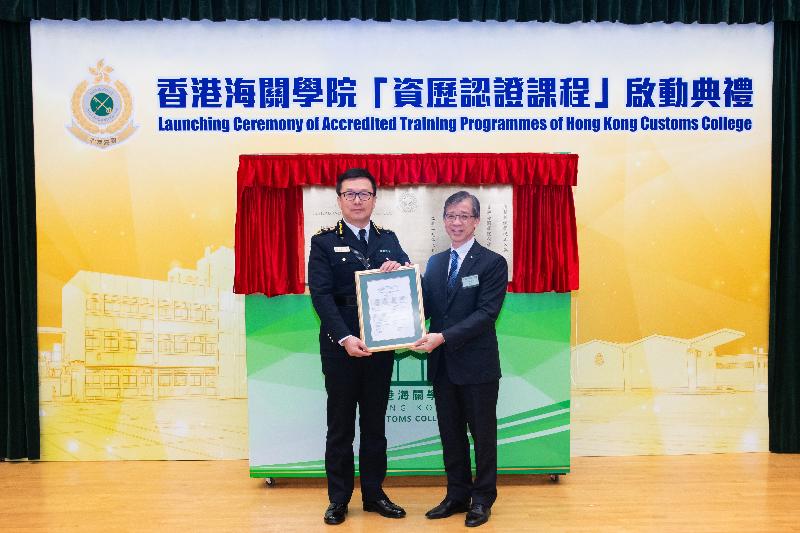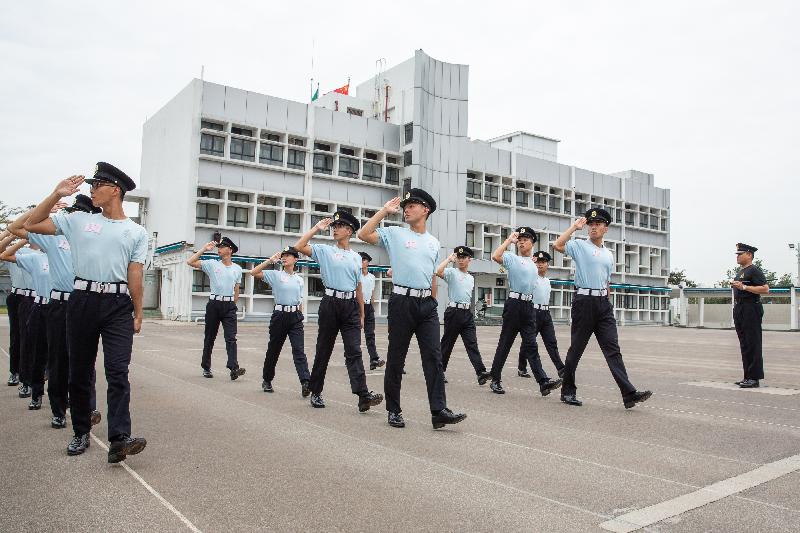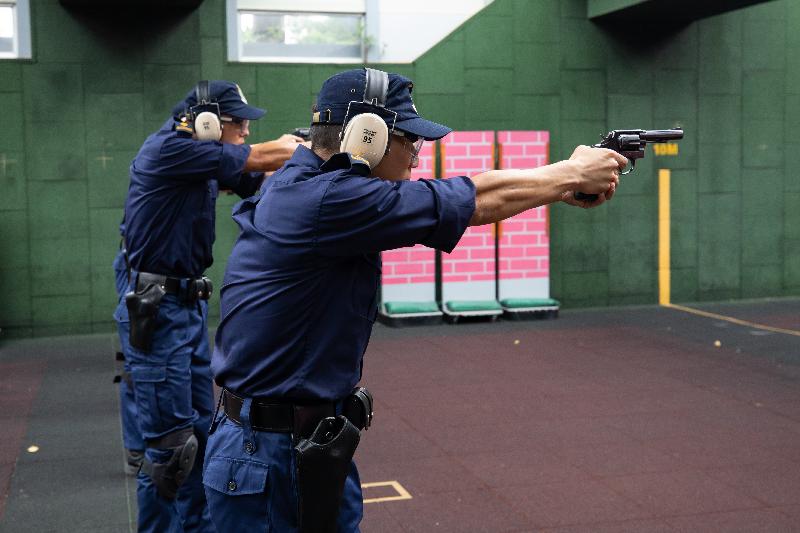Update on latest MERS situation in Saudi Arabia
The Centre for Health Protection (CHP) of the Department of Health is today (April 25) closely monitoring 22 additional cases of Middle East Respiratory Syndrome (MERS) reported to the World Health Organization (WHO) by the Kingdom of Saudi Arabia (KSA) from February 14 to March 31. The CHP again urged the public to pay special attention to safety during travel, taking due consideration of the health risks in the places they visit.
According to the WHO, among the 15 male patients and seven female patients, aged 26 to 85, seven had exposure to camels and consumed camel milk, 15 had contact with previously confirmed patients, five were health care workers, 16 had underlying illnesses, and four had passed away.
“We will maintain close communication with the WHO and relevant health authorities,” a spokesman for the CHP said.
“As countries in the Middle East, particularly the KSA, continue to report MERS cases from time to time, travellers should refrain from going to farms, barns or markets with camels and avoid contact with sick persons and animals, especially camels, birds or poultry. Most of the cases reported in the Middle East had history of exposure to camels, consumption of camel milk or contact with other MERS patients,” the spokesman said.
“Scientific evidence showed that camels are reservoirs for MERS Coronavirus (MERS-CoV). Camels infected with MERS-CoV may not show any signs of infection. Infected animals may shed MERS-CoV through nasal and eye discharge, faeces, and potentially in their milk and urine. The virus may also be found in the raw organs and meat of infected animals. Therefore, the best protection is to practise good hygiene and avoid direct contact with all of these,” the spokesman added.
From time to time, suspected MERS cases reported to the CHP for investigation involved patients with history of contact with camels in the Middle East. The CHP strongly advises travel agents organising tours to the Middle East to abstain from arranging camel rides and activities involving direct contact with camels, which are known risk factors for acquiring MERS-CoV.
Travellers to affected areas should maintain vigilance, adopt appropriate health precautions and take heed of personal, food and environmental hygiene. The public may visit the MERS page of the CHP and its Travel Health Service, MERS statistics in affected areas, the CHP’s Facebook Page and YouTube Channel, and the WHO’s latest news for more information and health advice. Tour leaders and tour guides operating overseas tours are advised to refer to the CHP’s health advice on MERS. read more


